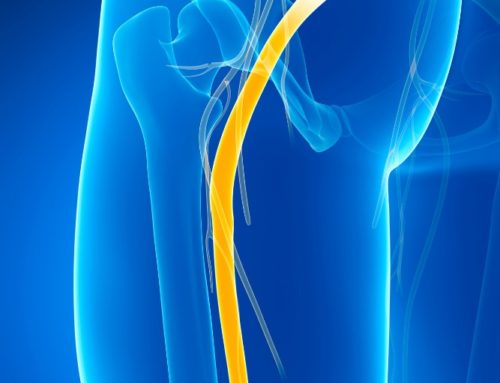Although mucus is a natural substance found throughout various parts of the body, health issues can arise when mucus production becomes excessive, thick, not clear, and healthy or altered in consistency. That is how mucus causes discomfort, breathing, vision, gastrointestinal and other difficulties. Though often from illness or allergies, eating certain foods may cause excess mucus too.
Not ingesting those items is the first step to avoiding this issue, though there is an alternative. Eating the right foods can also prevent or eliminate the overproduction of mucus. Nutrition education teaches individuals the health benefits of all foods, including those that increase or decrease phlegm. For more information on the foods causing and eliminating mucus, read on.
Foods Causing Excess Mucus
When dealing with an allergy or an infection, mucus membranes increase production to combat the illness. If you’re not sick and still dealing with high mucus production, it may be best to monitor your eating habits. Doing so can help you figure out which foods are causing the issues. A few common foods to watch for include:
- Sugar – Sugar isn’t recommended for a healthy diet, but it does more harm than you may realize. Studies have shown it’s one of the foods that doesn’t just produce mucus in asthmatics but in all people.
- Greasy or fried foods – Foods cooked in oil are high in refined carbohydrates, cholesterol, sodium, sugar, and other additives. These are known to cause numerous health issues, including excess mucus production.
- Alcohol – Beverages containing alcohol weaken sphincters in the esophagus, causing higher phlegm levels. As a diuretic, alcohol also causes dehydration, which increases mucus production to help counter dryness.
- Gluten – For those with this allergy, excess mucus increases when foods containing gluten are ingested, causing inflammation.
- Dairy – Dairy products were long believed to cause high mucus levels, though this isn’t entirely true. After drinking milk, the liquid mixes with saliva in the mouth, creating a thick substance. Though similar to mucus, the thickness doesn’t last long.

Foods eliminating it
If you’re dealing with excess mucus, a few foods are available to reduce it and prevent it from returning. These include:
- Turmeric – This spice contains curcumin, which is known to reduce lung inflammation and respiratory issues, preventing the overproduction of mucus.
- Ginger – Studies show ginger improves various health issues, including inflammation and digestive functions. Since these are related to excess mucus, ginger is one food to add to your grocery list.
- Lemon – Lemons and other citrus fruits are natural decongestants, loosening phlegm so it’s easier to expel from the body. They also contain Vitamin C, which is a powerful antioxidant.
- Garlic – Garlic contains allicin, which has antimicrobial, antibacterial, and anti-inflammatory properties. These combat respiratory conditions causing high mucus levels, like asthma or COPD.
- Warm herbal teas – Several herbs reduce respiratory issues and are natural anti-inflammatories and decongestants, including peppermint, licorice, and elderberry. Drinking them as warm herbal teas also soothes the body, including in the throat, while clearing excess mucus.
- Plant-based foods – Plant-based soups, salads, and smoothies are vital additions for those battling mucus. Some veggies and fruits, including leafy greens, tomatoes, onions, grapes, blueberries, and cherries, contain quercetin. This pigment is a powerful anti-histamine, which reduces phlegm and other allergy symptoms.
Resources:
https://pubmed.ncbi.nlm.nih.gov/21190010/
https://my.clevelandclinic.org/health/diseases/16627-hangover
https://www.mayoclinic.org/diseases-conditions/common-cold/expert-answers/phlegm/faq-20058015
https://pubmed.ncbi.nlm.nih.gov/33827515/
https://www.ncbi.nlm.nih.gov/pmc/articles/PMC7019938/
https://journals.plos.org/plosone/article?id=10.1371/journal.pone.0112726
This content comprises informative and educational resources only and can not be considered as a substitute for professional health or medical guidance. Reliance on any information provided in this article is solely at your own risk. If you have any inquiries or apprehensions about your medical condition or health goals, talk with a licensed physician or healthcare provider.






Leave A Comment